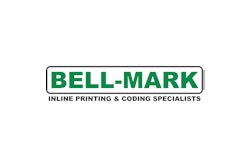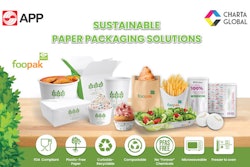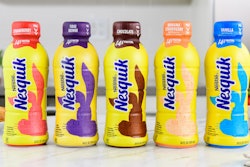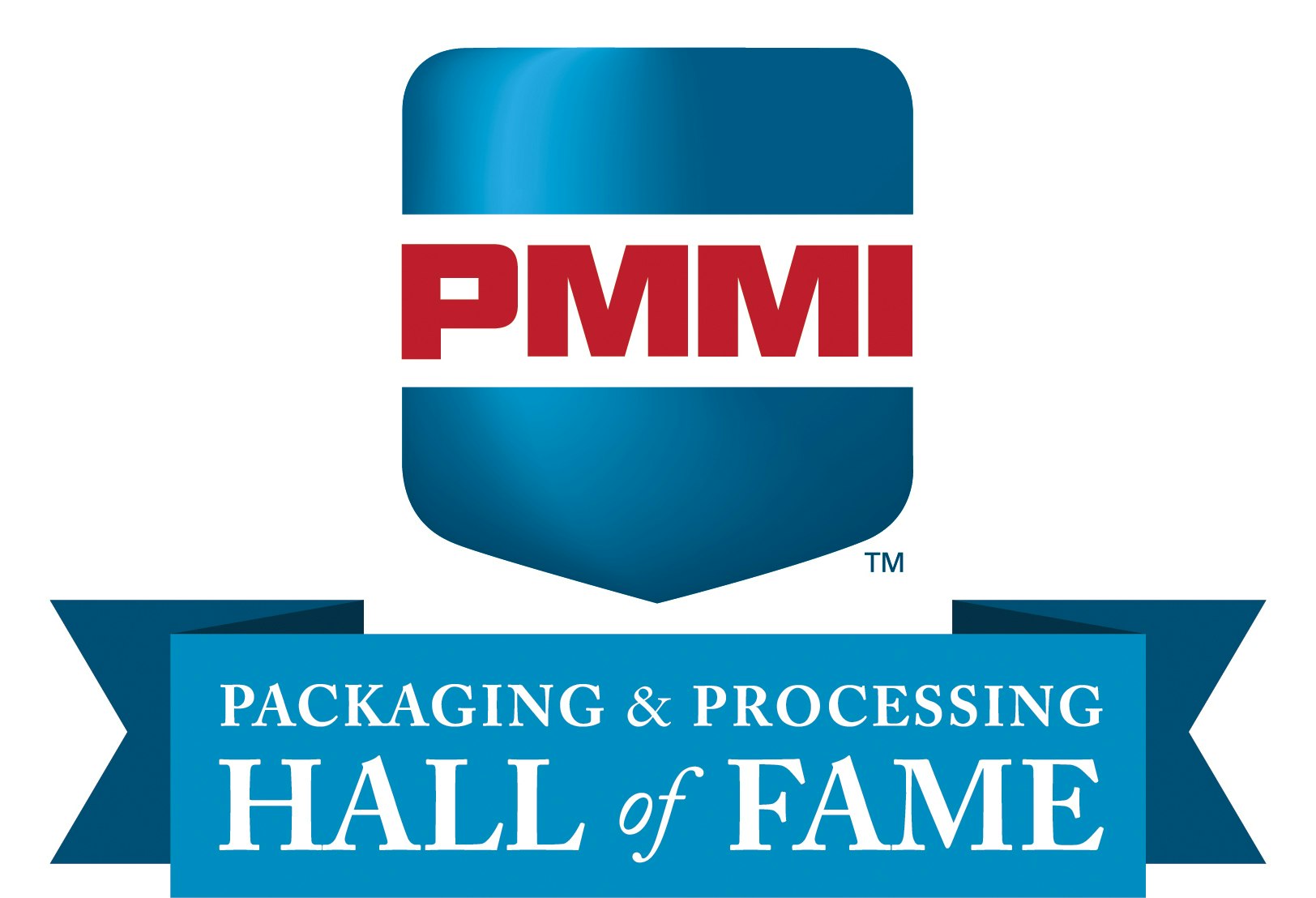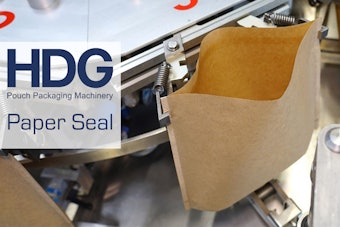An in-depth, year long independent study has determined that multiple reuse of containers significantly reduces environmental burdens compared to single-trip containers for those applications analyzed within the scope of the study, according to the Reusable Pallet & Container Coalition (RPCC). The study was released in late November by the RPCC.
The RPCC commissioned the independent firm of Franklin Associates to undertake the study in which 10 produce shipping scenarios were studied and analyzed over a 12-month period. On average, the results of all 10 applications studied showed that reusable plastic containers (RPCs)
Produce is most challenging
The transport of produce is the most challenging scenario because it requires added energy for refrigeration and large amounts of fuel because produce is generally shipped long distances to its destination. Also, RPCs require backhauling, or return to origin. Even within these parameters, the use of RPCs in the study resulted in lower environmental burdens.
“Environmental issues have increasingly come to the forefront of U.S. businesses, governmental organizations, and local, state, and federal legislatures, so we are extremely pleased with the results of the Franklin study,” says RPCC president David Russell. “Given that produce applications present the most challenging conditions for favorable outcomes, these results bode well for other applications in which reusable transport packaging is a current or potential packaging option."
The dominant finding in the study, entitled Life Cycle Inventory (LCI) of Reusable Plastic Containers and Display-Ready Corrugated Containers Used for Fresh Produce Applications, is that multiple trips in an RPC closed-loop lead to materials efficiencies that create relatively low environmental burdens. In the DRC system, a container is manufactured for each trip to retail. Even when recovery and recycling rates for DRCs are high, the production step (including recycling) introduces a higher level of burdens, according to the study. In comparing RPCs and DRCs, multiple reuse of RPCs results in lower environmental burdens than single-trip DRC containers.
10 applications studied
The purpose of the study was to evaluate the energy, solid wastes, and atmospheric and waterborne emissions associated with RPCs and DRCs used for shipping fresh produce. Ten different produce applications were modeled individually for shipping in RPCs and in DRCs. The 10 produce applications were apples, bell peppers, carrots, grapes, head lettuce, oranges, peaches or nectarines, onions, tomatoes, and strawberries. The functional unit was two million pounds of each type of produce hauled between grower and retailer.
The just-completed study examined the entire life cycle of each system, including extraction of raw materials from the earth, materials and container manufacture, outgoing transportation of containers, backhauling and washing of empty RPCs, recycling of DRCs and RPCs, and end-of-life disposition.
The Executive Summary and Fact Sheet are available free of charge on the RPCC Web site. The complete study is available to nonmembers for a fee. Contact RPCC for more information.
-Rick Lingle, Technical Editor



